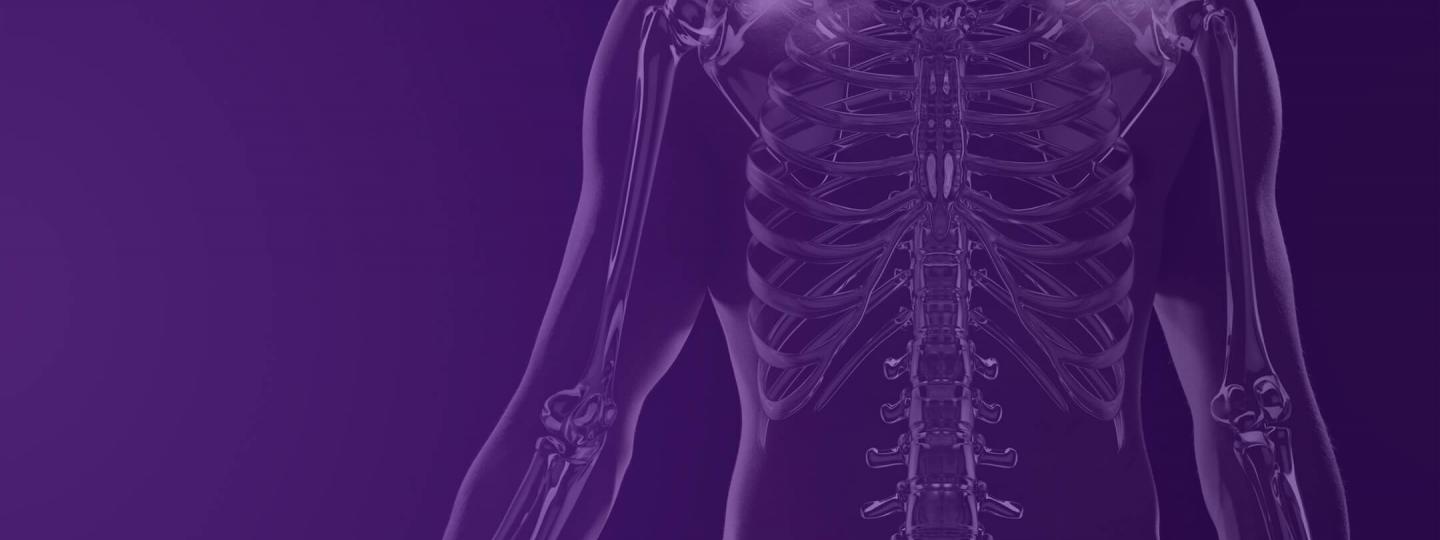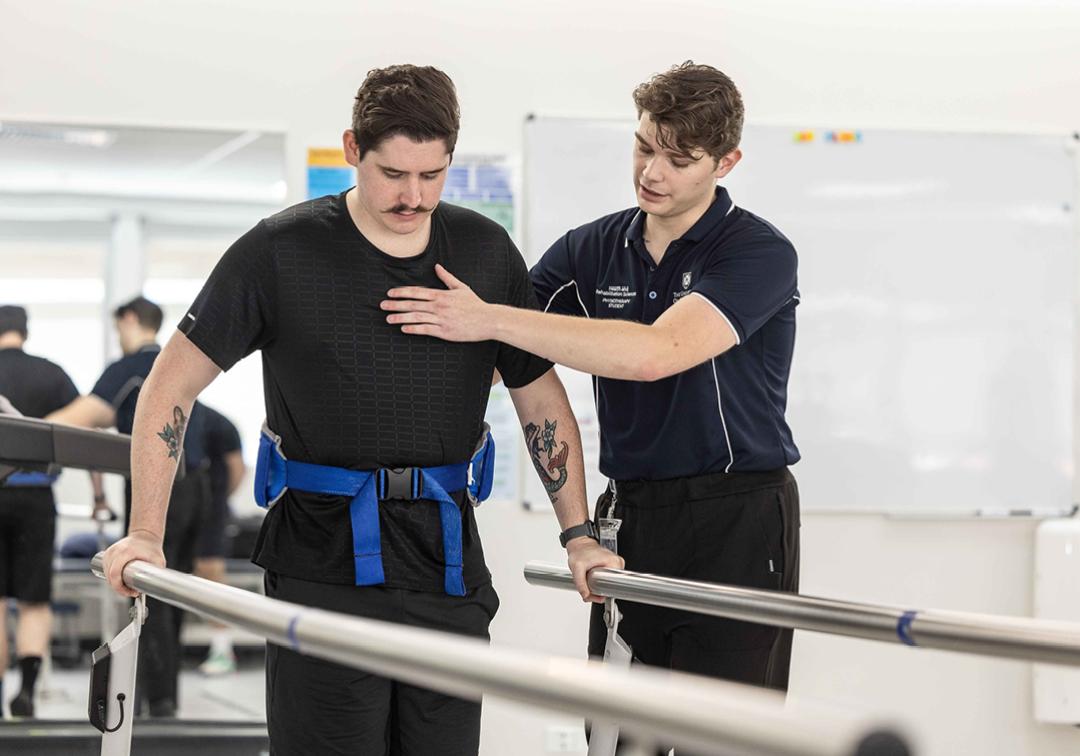
Bachelors of Nursing / Midwifery
Overview
Double your professional value and expand your career opportunities by earning 2 degrees from one of Australia’s leading nursing and midwifery schools.
Make a difference in the lives of individuals of all ages, from children and adults to mothers, babies and families, with an exciting, diverse and rewarding career in nursing and midwifery.
UQ’s innovative Bachelor of Nursing / Midwifery dual degree program takes a narrative and patient/woman-focused approach to learning, integrating practice across diverse, complex and dynamic healthcare environments.
You'll benefit from a program that combines theory and practice through a variety of teaching methods, including narrative workshops, online learning and clinical simulation.
You'll integrate theory with practice across a range of healthcare settings, undertaking more than 1,000 hours of supervised clinical placement in hospitals and other healthcare organisations. You'll also have opportunities to engage with innovative models of healthcare, such as telehealth.
Included in these hours are midwifery ‘continuity of care’ experiences that are completed over the duration of the program. Providing continuity of care involves accompanying a woman and her family through the pregnancy, labour, birth and postpartum experience, in a variety of models of care.
Students may receive the opportunity to undertake a placement outside the Brisbane metropolitan area. Additionally, subsidised international placement opportunities may be available, subject to funding.
Program highlights
- Graduate with a dual qualification, increasing your employability and career prospects.
- Gain knowledge and skills across 2 professions.
- Start your practical experience in your first year, where you'll undertake rostered clinical placement shifts and clinical skills simulations.
- Strengthen your knowledge and skills through extended clinical placements in your final year, streamlining your transition from student to registered nurse and midwife.
How you'll learn
Your learning experiences are designed to best suit the learning outcomes of the courses you choose.
- Lectures
- Tutorials
- Work placements
- Overseas study
Placements and work experience
What you'll study
At UQ, degrees are called 'programs' and subjects are called 'courses'.
Career possibilities
Our programs prepare you for your first job and beyond. Here are some of the careers you could be on your way to:
- Registered nurse
- Midwife
- Registered nurse (aged care)
- Community midwife
- Registered nurse (community health)
- International aid worker
- Registered nurse (critical care and emergency)
- Antenatal midwife
- Registered nurse (child and family health)
Average annual salary range
Registered Nurse
seek.com.au
Average annual salary range
Midwife
seek.com.au
Next steps after graduation
When you graduate, you are responsible for your own registration as a health professional with the Australian Health Practitioner Regulation Agency (AHPRA).
You can generally submit a graduate application for registration about 6 weeks before receiving your final results. After your results are released and you’ve received your completion letter confirming you have completed the requirements of your course, your faculty or school will send your details to AHPRA. AHPRA can then finalise your application.
Contact your faculty if you have any questions about your details being provided to AHPRA. You can also check the status of your application directly with AHPRA.
Program accreditation
The Bachelors of Nursing / Midwifery is accredited by:
- Australian Nursing And Midwifery Accreditation Council
Events
See all events
9 June
Master of Physiotherapy information webinar
Stories
See all stories
Uni life
What's it really like to study nursing at UQ?
7-minute read

Careers
What can you do with a midwifery degree?
6-minute read

Careers
Breaking barriers: a male midwife’s journey and reflections
4-minute read
Stories
See all stories
Uni life
What's it really like to study nursing at UQ?
7-minute read

Careers
What can you do with a midwifery degree?
6-minute read

Careers
Breaking barriers: a male midwife’s journey and reflections
4-minute read
Entry requirements
Prerequisites
- General English subject (Units 3 & 4, C)
Prerequisites
- General English subject (Units 3 & 4, C)
Entry score threshold
| ATAR / Rank | IB |
|---|---|
| 93.15 | 37.5 |
These are the lowest adjusted scores we made an offer to in Semester 1, 2025. Entry scores are based on the most recent Semester 1 intake and are updated in April each year. Meeting the entry score threshold doesn't guarantee admission.
English language requirements
IELTS overall 7; reading 7; writing 7; speaking 7; listening 7. For other English Language Proficiency Tests and Scores approved for UQ
TOEFL iBT (including Paper Edition) - Overall 100, listening 25, reading 25, writing 27, speaking 23.
PTE Academic - Overall 72, sub bands minimum 72.
Bridging English (BE) results, CES, BEP, and OET not accepted.
There are other ways to meet the English language requirements. For some programs, additional conditions apply.
Inherent requirements
To complete this degree, you have to meet its inherent requirements by demonstrating essential skills and attributes. Read the inherent requirements before you apply.
Student visas
International students who are accepted into full-time study in the Bachelors of Nursing / Midwifery are eligible to apply for an Australian student visa (subclass 500).
There are a number of requirements you must satisfy before a visa is granted, including the Genuine Student (GS) requirement.
Entry score range
This table shows the range of entry scores for recent secondary students offered a place in the BNursing/Midwifery for Semester 1, 2025
| Without adjustments | With adjustments | |
|---|---|---|
| Highest | 99.05 | 99.95 |
| Median | 94.65 | 96.85 |
| Lowest | 88.6 | 93.15 |
Who you'll study with
Here's a snapshot of our student intake for this program in Semester 1, 2025:
| Applicant background | Number of students | Percentage of all students |
|---|---|---|
(A) Higher education study | 31 | 41.9% |
(B) Vocational Education and Training (VET) study | <5 | <5 |
(C) Work and life experience | 0 | 0% |
| (D) Recent secondary education | ||
| 40 | 54.1% |
| 0 | 0% |
| 0 | 0% |
International students | <5 | <5 |
Total | 74 | 100% |
"<5" — The number of students is less than 5.
N/A — Students not accepted in this category.
N/P — Not published. The number is hidden to protect the privacy of students in other cells.
Need help meeting the entry requirements?
Additional application information
Additional application information
Fees and Scholarships
Indicative annual fee
Approximate yearly cost of tuition (16 units). Your fees will vary according to your selected courses and study load. Fees are reviewed each year and may increase.
$5,940
2026
Approximate yearly cost of tuition (16 units). Your fees will vary according to your study load. Fees are reviewed each year and may increase.
AUD $45,792
2026
Additional costs
- Annual CPR re-certification (approximately $80 per year)
- Students are expected to fund travel and living expenses associated with placements, some of which may be outside the Brisbane metropolitan area.
- First Aid Certificate (including CPR) (approximately $130 renewed every 3 years)
- Police check for criminal history ($45)
- A clinical uniform shirt is required and may be purchased through the School.
- Costs for vaccinations and serology are the responsibility of the student and will vary based on individual and program requirements.
Government assistance
Financial aid
As an international student, you might be eligible for financial aid – either from your home country, or from the Australian Government.
HECS-HELP
Domestic places in the Bachelors of Nursing / Midwifery are Commonwealth supported, as long as you meet all Commonwealth supported place eligibility requirements.
This means the cost of your education is shared between you and the Australian Government. Instead of tuition fees, Commonwealth supported students pay what are called student contribution amounts.
If you have a Commonwealth supported place, you may also be eligible for HECS-HELP. This is an Australian Government loan scheme to assist eligible students with the cost of their student contribution amounts.
Centrelink support
The Australian Government offers a number of income-support payments to eligible Australian university students.
Scholarships
You may be eligible for more than 100 scholarships, including:
How to apply
Applying online
If your senior schooling is from outside Australia, you can submit your application to UQ. Or, if you prefer, you can use an approved UQ agent near you.
The program code for the Bachelors of Nursing / Midwifery is 2290.
How to apply for undergraduate study
If your senior schooling is from Australia
Submit your application to the Queensland Tertiary Admissions Centre if you're an international student who is currently studying:
- Australian Year 12 (in Australia or another country), or
- the International Baccalaureate in Australia.
The QTAC code for the Bachelors of Nursing / Midwifery is 728602.
Applying through QTAC
All domestic applications should be submitted to the Queensland Tertiary Admissions Centre (QTAC).
The QTAC code for the Bachelors of Nursing / Midwifery is 728602.
Important dates
If you’re studying Year 12 in Australia, go to the QTAC website to check the closing date for this program.
If you’re applying to UQ, the closing date for this program is:
- To commence study in semester 1 - November 30 of the previous year.
Visa processing times vary. Apply and accept your offer as early as you can.
To learn more about UQ dates, including semester start dates, view the Academic Calendar.
Important dates
To check the closing date for this program, go to the QTAC website.
To learn more about UQ dates, including semester start dates, view the Academic Calendar.
Admissions schemes
Applying to university can be both exciting and daunting, which is why we’ve tried to make the process as simple as we can.
We have several schemes in place to improve your chances of getting a place at UQ.
Pathway options
A rank or score doesn’t determine your potential.
If you're not offered a place in your first-choice program – or if you don't meet the entry requirements – you still have a number of options.
Aboriginal and Torres Strait Islander applicants
For support with applying – or if you have any questions about university life – get in touch with our Aboriginal and Torres Strait Islander Studies (ATSIS) Unit.
Explore other programs
Express yourself. And your interest.
They say choosing a degree is hard, which is why we've made it easy. Register your interest and we'll send you everything you need to know about applying to UQ.




